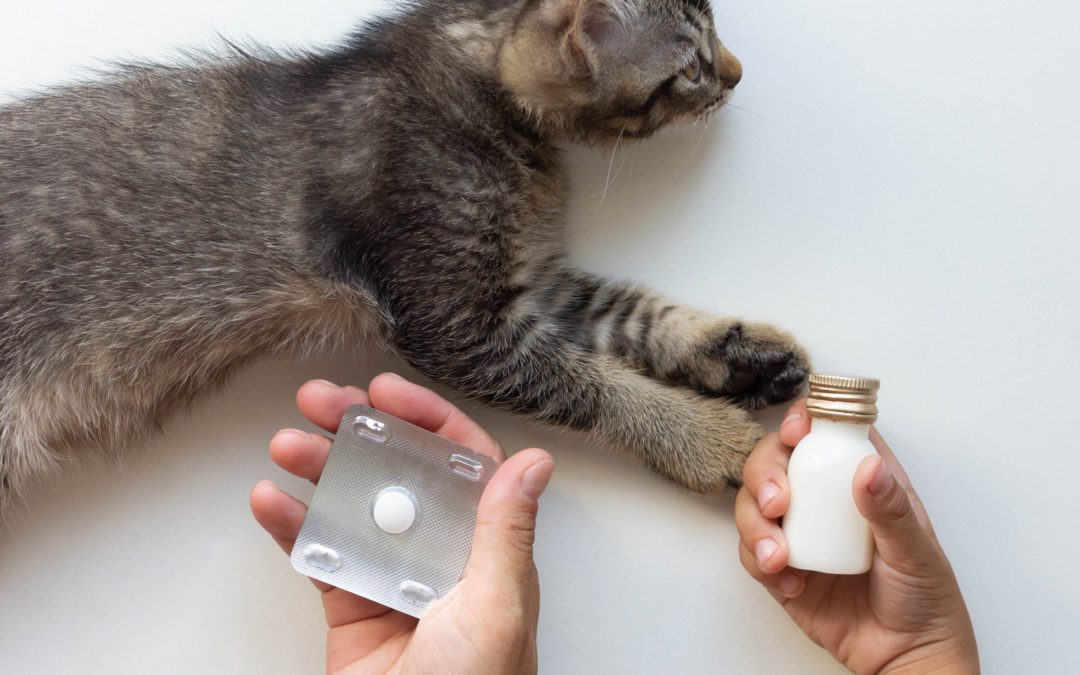Most likely, your medical cabinet contains well-known over-the-counter (OTC) drugs like Advil, Tylenol, or Benadryl. When we have a headache, joint discomfort, or our allergies are acting up, we frequently reach for these medications. But can you give them to your cat or dog? No, unless a veterinarian is closely watching him. While some human pharmaceuticals have their uses, improper usage might harm your animal companion.
NSAIDs and aspirin
The non-steroidal anti-inflammatory aspirin was first obtained from the bark of the white willow tree. It has been around for a while and is still used by individuals to minimize blood clots, fever, headaches, and inflammation. I frequently use white willow in its herbal form for my animal patients.
Stronger NSAIDs (ibuprofen, etc.) are currently preferred because of their outstanding analgesic and anti-inflammatory properties. However, adverse reactions might happen, particularly with greater doses or prolonged use. These include renal and liver illnesses and GI ulcers and perforations, both of which can be fatal.
Acetominophen (Tylenol)
The toxicity of Tylenol, mainly when administered to cats and small dogs, is extensively documented in the veterinary literature. Brown-colored gums, shallow breathing, facial or neck swelling, low body temperature, vomiting, jaundice (a yellow discoloration of the skin and sclera, the white area of the eyes, caused by liver damage), and death are all indications of poisoning.
In conclusion, always get your dog or cat diagnosed and treated by a veterinarian. Treating your animal yourself can lead to poisoning and higher veterinarian bills because the treatment wasn’t done correctly. Overdosing or intoxication is unlikely to happen if you only give your dog or cat human pharmaceuticals while a veterinarian is there to supervise them.

